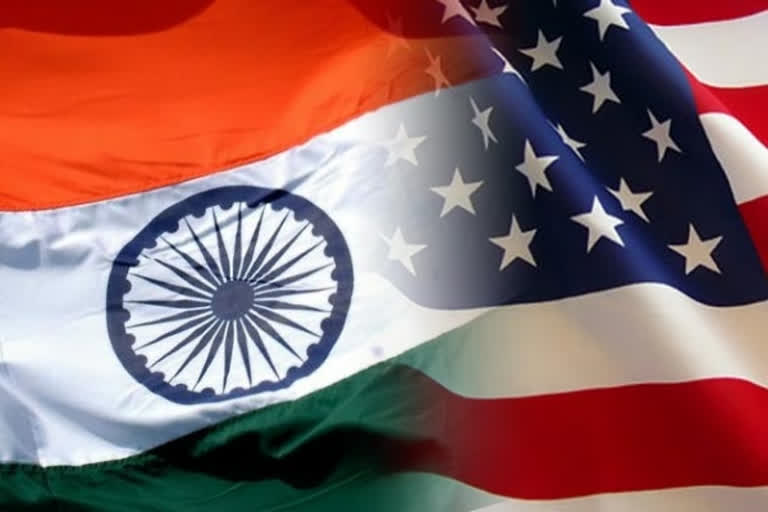New Delhi:India has high hopes its ties with the United States will deepen under President Joe Biden, who was a key proponent of the 2008 civil nuclear deal between the countries and whose new administration includes several Indian Americans.
Key officials in Biden’s administration have already begun dialing their Indian counterparts. Last week, External Affairs Minister S. Jaishankar spoke with U.S. Secretary of State Antony J. Blinken, reiterating their commitment to their strategic partnership, and India’s Defense Minister Rajnath Singh spoke to new U.S. Defense Secretary Lloyd Austin.
The 2008 nuclear accord paved the way for the supply of U.S. hi-tech equipment which India wanted along with the technology and ended India’s isolation after it conducted nuclear tests in 1998 and refused to sign the Nuclear Non-proliferation Treaty. The United States is also supporting India’s entry into the Nuclear Suppliers Group, a move that has been blocked by China.
With an American of Indian descent in Vice President Kamala Harris and more than 20 Indian Americans in key roles in the Biden administration, India is hoping to maintain a significant economic, security and defense bilateral partnership.
Despite an unpredictable foreign policy, the Trump administration had consistently supported India’s emergence as a leading global power and a partner in maritime security and intelligence to counter China’s influence in the Indo-Pacific region.
In diplomatic parlance, the bilateral relations between the world’s two largest democracies are a rare bipartisan success. A strong political affinity and a tactical convergence of interests to counter China drive the relationship, experts say.
India sits at the center of the strategic architecture the U.S. envisions for the Indo-Pacific region, the new theater of power play between Washington and Beijing.
“I think the Trump administration has carried that forward, including the concept of an Indo-Pacific, and to make sure that we were working with India so that no country in the region, including China, could challenge its sovereignty, and also working on concerns that we share about terrorism,” Blinken said during his confirmation hearings.
India’s immediate worry is a 9-months-long military standoff with China along their disputed border in eastern Ladakh. Tens of thousands of soldiers are facing each other at friction points in the region in sub-zero temperatures.
“China is the big elephant in the room,” said Gurcharan Das, a writer.
The 2+2 dialogue between the defense and foreign ministers and the Quad grouping comprising the US, Japan, Australia and India have enabled a greater strategic consultation and cooperation.
As the Biden administration unfolds its foreign policy agenda, India will be watching for and assessing any changes.
“That Indian and U.S. interests coincide regarding the need to contain Chinese aggression is obvious, but there are uncertainties about the precise direction that the incoming Biden administration will adopt vis-à-vis China,” said Vivek Katju, a former diplomat.
“There is a compelling need for the Modi government to have an honest interaction with the Biden administration on China, though ultimately, India has to rely on its own capabilities to meet the Chinese threat,” he said.
